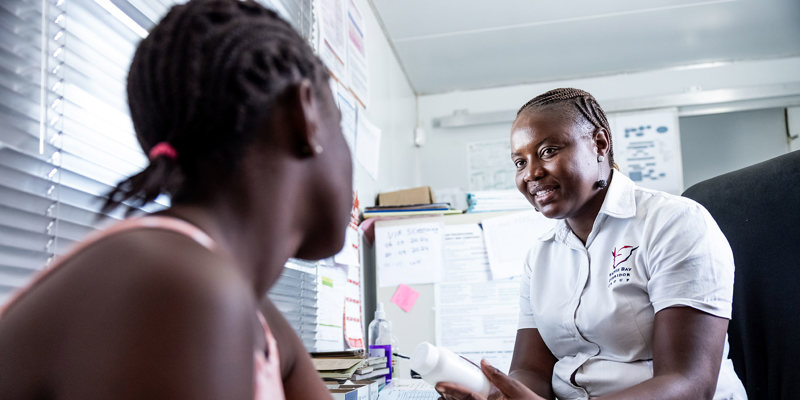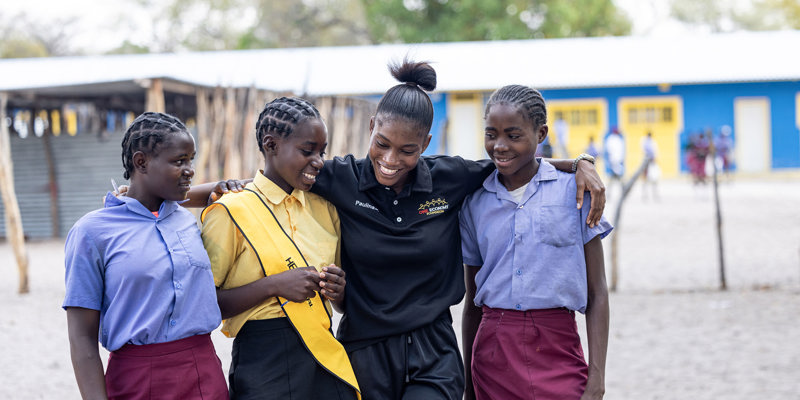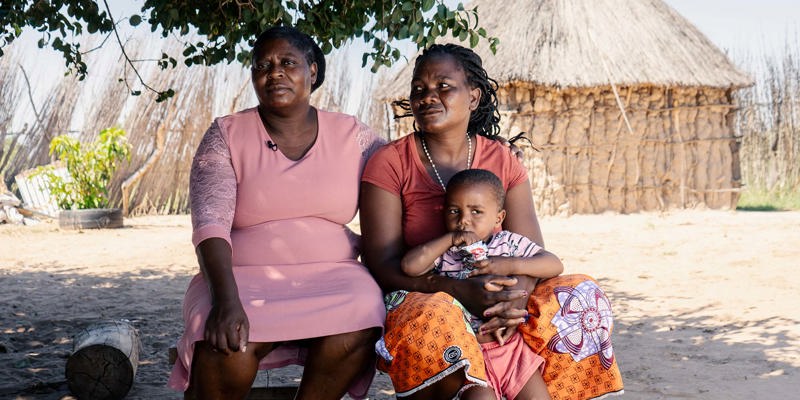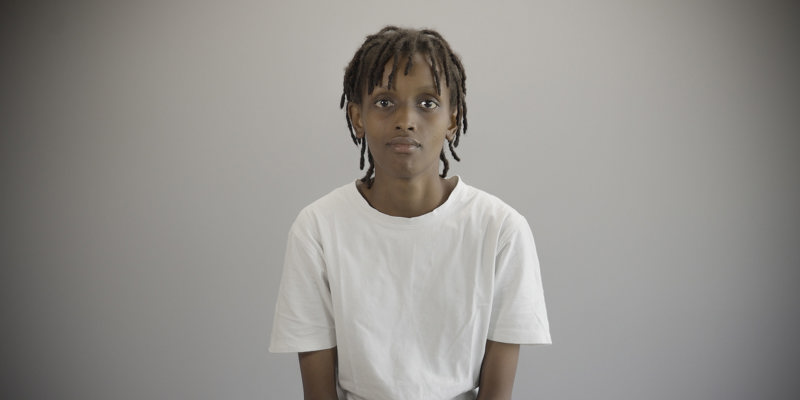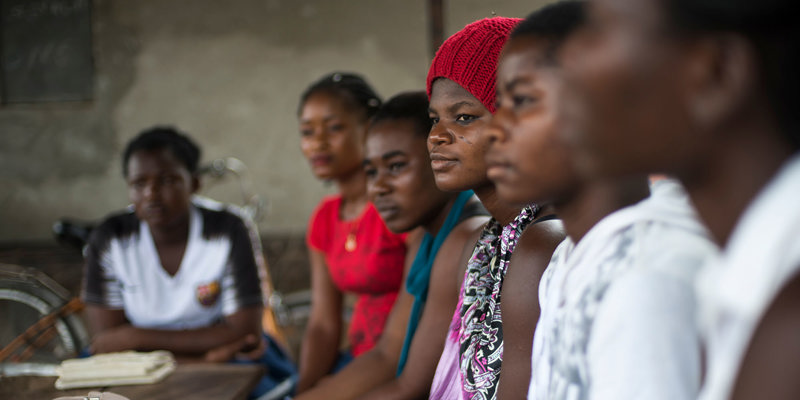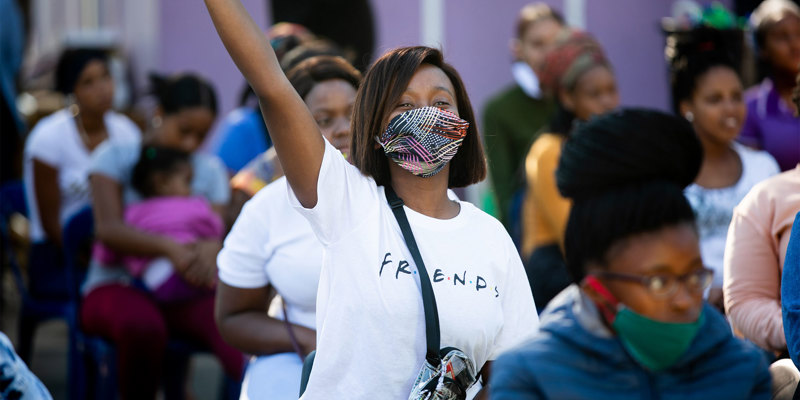Around the world, communities, governments, civil society, the private sector and global health partners have worked together to make extraordinary progress in the fight against HIV. But human rights and gender equality are under attack – with devastating consequences for the HIV response. Inequity, gender inequality and human rights violations are making people more vulnerable to HIV infection, more likely to experience poorer health outcomes, and less likely to access lifesaving health services. The rights of LGBTQI+ people, sex workers and people who use drugs are being undermined by legislation and policies that fuel discrimination, stigma and violence.
Dismantling these barriers is the only way to end AIDS as a public health threat and build a safer, healthier, and more equitable world for all. The Global Fund partnership is committed to a holistic, rights-based approach to health with communities affected by HIV in the lead. The results speak for themselves. Since 2002, AIDS-related deaths have fallen by 73% and new HIV infections have gone down by 61% in countries where the Global Fund invests.
But our fight isn’t over. It is impossible to defeat HIV while denying the rights of the key populations most at risk. This World AIDS Day it is time to break down human rights barriers to end AIDS as a public health threat by 2030.
A Moment of Reckoning in the Fight Against HIV
Twenty years ago, beating back HIV seemed an almost impossible dream. The disease was ravaging communities across the world, taking a huge toll on lives and societies. Since then, we have come an extraordinarily long way and seen great leaps in prevention, treatment and awareness. The past decade has seen a 38% reduction in HIV incidence and fewer people acquired HIV globally in 2023 than at any point since the late 1980s. This is certainly cause for celebration. But the job is not yet done, and we are at a moment of reckoning in the fight against HIV.
In Namibia, Comprehensive HIV Services Change Young People’s Lives
Lazarus Fillemon’s phone pings constantly. Where are you? When are you coming? I have a question. I have a story. Lazarus, 30, is a youth ambassador for i-BreakFree, a community engagement program run by Global Fund partner One Economy Foundation in Namibia. He spends his days driving vast distances across Ohangwena region’s bright, dusty landscape, visiting schools, community gatherings and homes, holding frank discussions with adolescents and young people about preventing HIV, delaying sex, informed, consensual, safe sex when ready, alcohol and substance abuse – and much more.
Integrated HIV, TB and Malaria Care Supports Mothers-to-Be and Newborns in Kenya
Catherine Nyiva’s first pregnancy was difficult. She didn’t know what to expect. “I was very scared,” she says. “At the clinic, we did not have time to talk to nurses one on one, to express our fears, to ask questions.” Eventually, Catherine delivered a healthy baby girl. But it took a long time to rid herself of the anxiety that attended pregnancy and childbirth. Catherine’s daughter, Stacey, is now 10 years old – an attentive, curious girl. Catherine is pregnant with her second child.
Ensuring Mothers-to-Be and Newborns Receive Vital HIV, TB and Malaria Care - Video
In Kenya, HIV, TB and malaria impact millions of people every year. Pregnancy is one of the few moments when most women and families seek out health care – a critical opportunity to test for, treat and prevent disease. With funding from Takeda, the Global Fund to Fight AIDS, Tuberculosis and Malaria and the Liverpool School of Tropical Medicine work with health authorities to train hundreds of nurses and midwives in Kenya, Tanzania and Nigeria to provide integrated HIV, TB and malaria care to mothers-to-be.
Namibia: At the Forefront of the HIV Response for Mothers and Children
Like in many countries in sub-Saharan Africa, women in Namibia are disproportionately impacted by HIV. But a focused, ongoing campaign has put the country on the forefront of fighting the disease – particularly for mothers and children.
“Our Lives Matter:” HIV Advocate Amanda Martty Dushime
To mark International Youth Day 2024, Peer Educator and Global Fund Youth Council Member Amanda Martty Dushime shares a powerful message: “Every five minutes a child dies of an AIDS-related illness somewhere in the world. We, the children, teenagers and young people living with HIV, must contend with stigmatization, discrimination and face enormous challenges with accessing health care. This is unacceptable,” she says. Amanda urges government leaders and private sector partners to work alongside communities, health care providers and young people themselves to protect future generations against AIDS.
To End AIDS, We Must Reclaim Our Unyielding Pursuit of Equity
As HIV practitioners gather this week in Yaoundé for AFRAVIH, the largest international Francophone conference on HIV/AIDS, and a few months before the 25th International AIDS Conference in Munich, the Vice-Chair of the Global Fund Board urges renewed focus on promoting equity in the fight against HIV particularly for groups that continue to suffer a disproportionate proportion of HIV infections.
Empower African Youth So They Can Put an End to AIDS
When AIDS swept across Africa at the end of the last century, many of our governments were denying or downplaying the problem and it was the young people who mobilized. Large numbers of them were affected so they gave their energy, and even their lives, to fight a scourge which offered little hope of survival before antiretroviral drugs became widely available.









